In the first months of this year, the pangasius export market was somewhat gloomy. However, with efforts and positive signals from the market, many experts predict that this industry can recover by the end of this year.
Article 1: Tra fish farmers in the Mekong Delta face difficulties
High feed prices, sluggish export markets... are the reasons why the picture of the pangasius industry in the first half of 2023 has many dark colors.

It is necessary to focus on improving quality instead of quantity to ensure stable output for the tra fish industry.
Need solution
Although not having the advantage of raising pangasius like An Giang, Dong Thap, Can Tho city..., in Hau Giang, some farmers also choose this aquatic species to develop the economy . If before, pangasius was in high demand, people had money to earn, now, the price of fish has gone down, farmers are restless.
Mr. Nguyen Tan Phong, Director of Dai Thang Aquaculture Cooperative, Dai Thanh Commune, Nga Bay City, said: “The cooperative has 22 members, but due to the loss, there are only a few households left. Most of them have suspended their ponds or switched to raising miscellaneous fish. Some households have sold their land but it is not enough to pay off their debts, because the cost of raising tra fish is high, while the selling price is low, leading to heavy losses. People are waiting for policies from the State and the management sector to have support and assistance policies to resume production.”
From a management perspective, Mr. Ngo Minh Long, Director of the Department of Agriculture and Rural Development of Hau Giang province, said: The area of local catfish ponds is about 70-100 hectares. Currently, the province has no policy to expand the area. With this old area, the Department of Agriculture and Rural Development recommends that households and cooperatives with sufficient conditions continue to maintain and develop catfish farming in the next crop season.
“We choose the right time to plant seeds, produce in a joint venture or association to minimize risks. Currently, there is no advantage but we produce individually, if the season is good but the price drops, the impact will be very serious. Regarding science and technology, we direct the specialized sector to support people with farming area codes that ensure standards for export connection. We regularly invite enterprises to join ventures and production associations. Pangasius has a large proportion and high value, so there must be output contracts and good product consumption to solve the problem in the production sector,” Mr. Ngo Minh Long shared.
Difficulty in selling pangasius is also a common situation for Vinh Long farmers. The whole province has over 800 hectares of water surface for aquaculture. Of which, 345 hectares are currently used for pangasius farming, currently 225 hectares are being farmed, the remaining 120 hectares are in suspended ponds. The output harvested in the first 6 months of the year reached nearly 42,000 tons of pangasius, down nearly 4,000 tons compared to the same period in 2022.
Mr. Nguyen Van Liem, Deputy Director of the Department of Agriculture and Rural Development of Vinh Long province, said: “We continue to strengthen solutions in the pangasius farming stage to limit diseases, ensure that farmers manage the environment well, especially limit the use of banned drugs for treatment, especially antibiotics. Second, organize production in a chain closely linked to the farming area as well as the purchasing and processing stage of enterprises to serve export. Third, we will support and create conditions for farming areas to apply advanced standards such as VietGAP, GlobalGAP…”.
Focus on quality
Mr. Vo Dong Duc, General Director of Can Tho Seafood Import-Export Joint Stock Company (Caseamex), affirmed: We have all the food safety and hygiene certificates of the countries. In addition, we must make more certificates of the European market. We also have popular clean farming programs, quality requirements but the price of pangasius is not preferential in the market, if anything, it is just an opportunity to sell more.
In addition, Mr. Vo Dong Duc also said: “Once the requirements for quality have been established and the market demand has been met, we should be careful and try to maintain it. This is a prerequisite for competition and meeting market demand. We must try to have a more standard direction in terms of supply and output. At the same time, we must not fail in terms of price because it will lead to consequences for the industry.”
Agreeing with this view, Mr. Ngo Quang Truong, Director of Bien Dong Seafood Joint Stock Company, said: “We do not need to find more markets but must improve the quality of pangasius fish so that it will be consumed well. We have a lot of sales but no one makes a profit. I hope that we will find the most effective solution so that farmers and processing enterprises can make a profit, and enterprises and farmers have the right to set the price of the fish they produce. Right now, we are going in the opposite direction, which is very paradoxical.”
Recently, the Department of Fisheries has organized a review of farming conditions of 17 facilities/farming areas in 4 key pangasius farming localities in the region: An Giang, Dong Thap, Can Tho and Tien Giang. The remaining farming areas and facilities are inspected and reviewed by the Department of Agriculture and Rural Development of the localities.
The Department of Fisheries assessed that the farming facilities/areas of the enterprise ensure good criteria and conditions according to the Food Safety Control Program for fish and Siluriformes fish products exported to the US market. 100% of the farming facilities/areas are granted identification codes for the farming ponds. However, in the entire Mekong Delta region, there are about 30% of small-scale farming households, and there are still some criteria on infrastructure that are not guaranteed. The specialized agency of the Department of Fisheries has guided and supported the facilities to urgently overcome and invest in additional complete infrastructure.
Mr. Nhu Van Can, Deputy Director of the Department of Fisheries, said: “In the coming time, the Department of Fisheries will coordinate with a number of businesses supplying pangasius breeds to develop breeding work through many generations, supplying the market. The unit is ordering 75,000 parent pangasius fish to supply to localities. Create a basis for breeding quality breeds, implementing traceability...”.
Article and photos: MONG TOAN
-----------------
Lesson 2: Linking for Development
Source







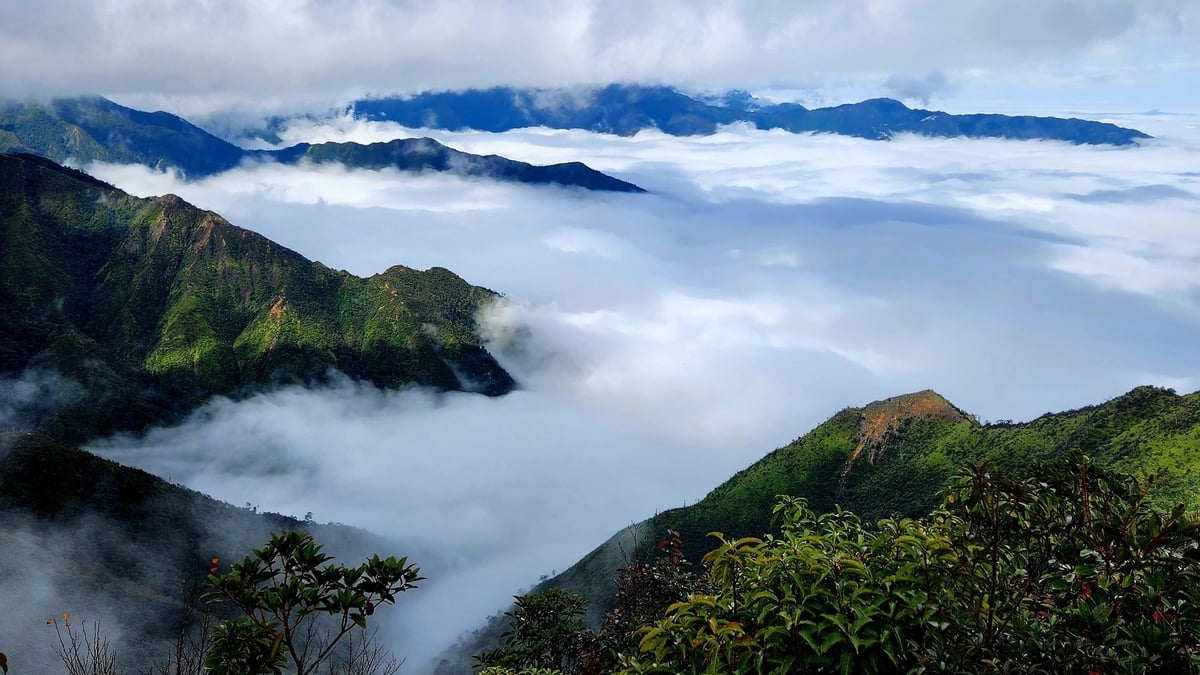
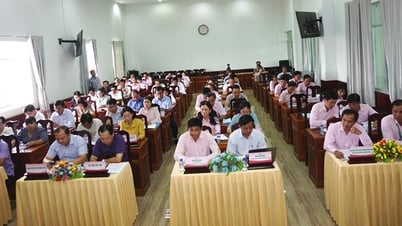
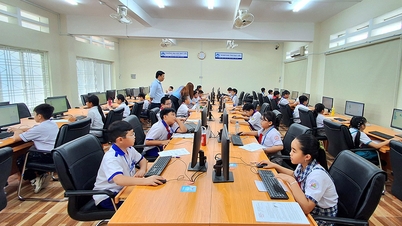
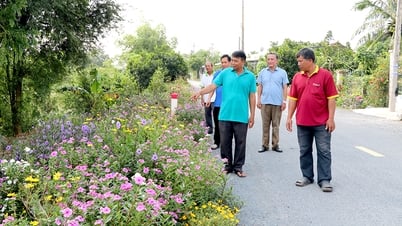
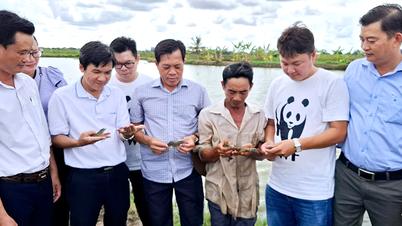

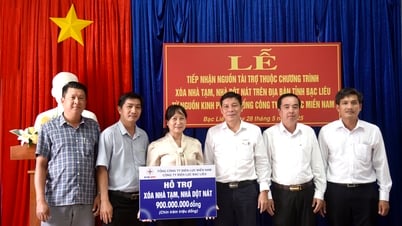







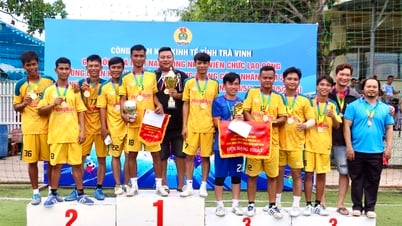









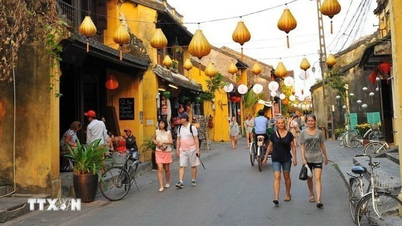














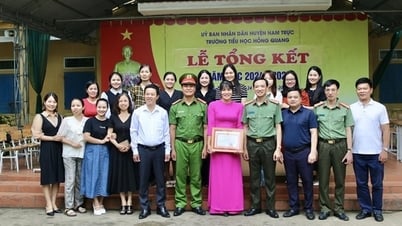

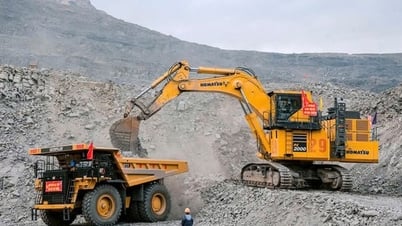






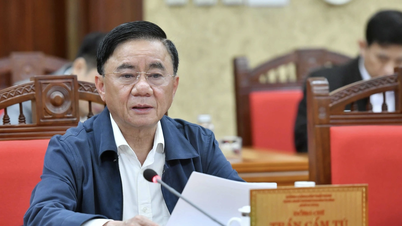


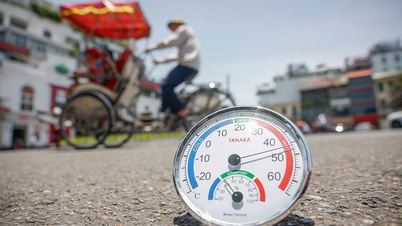



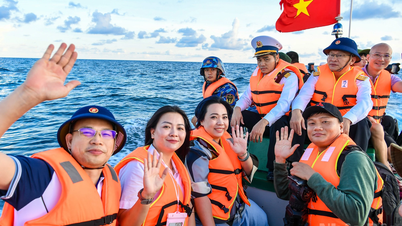


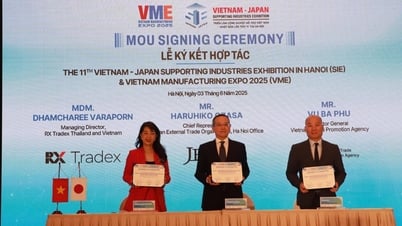

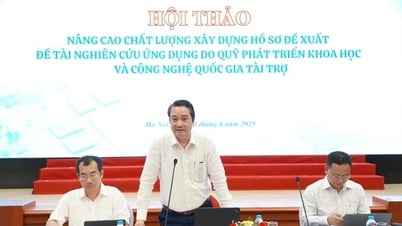

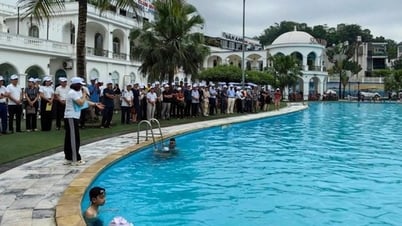
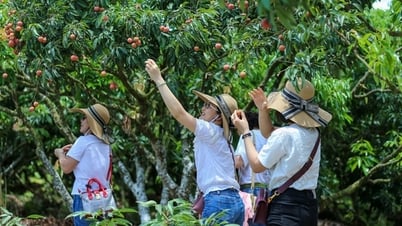


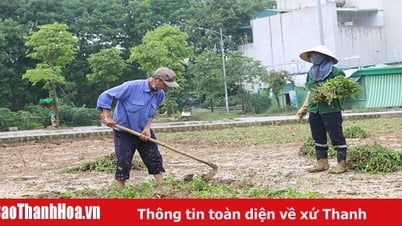

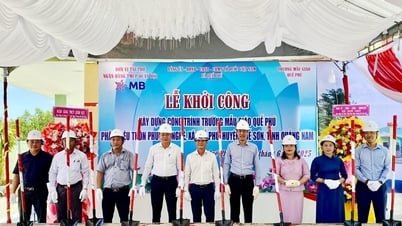
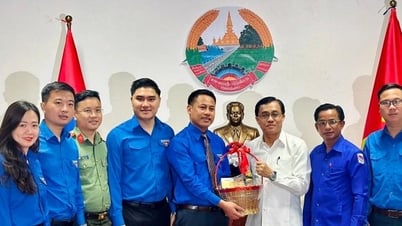

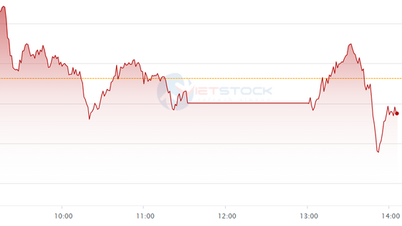











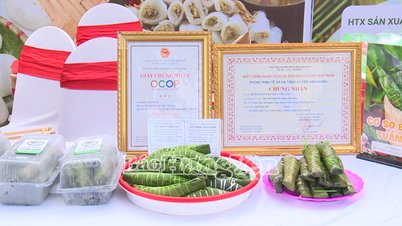


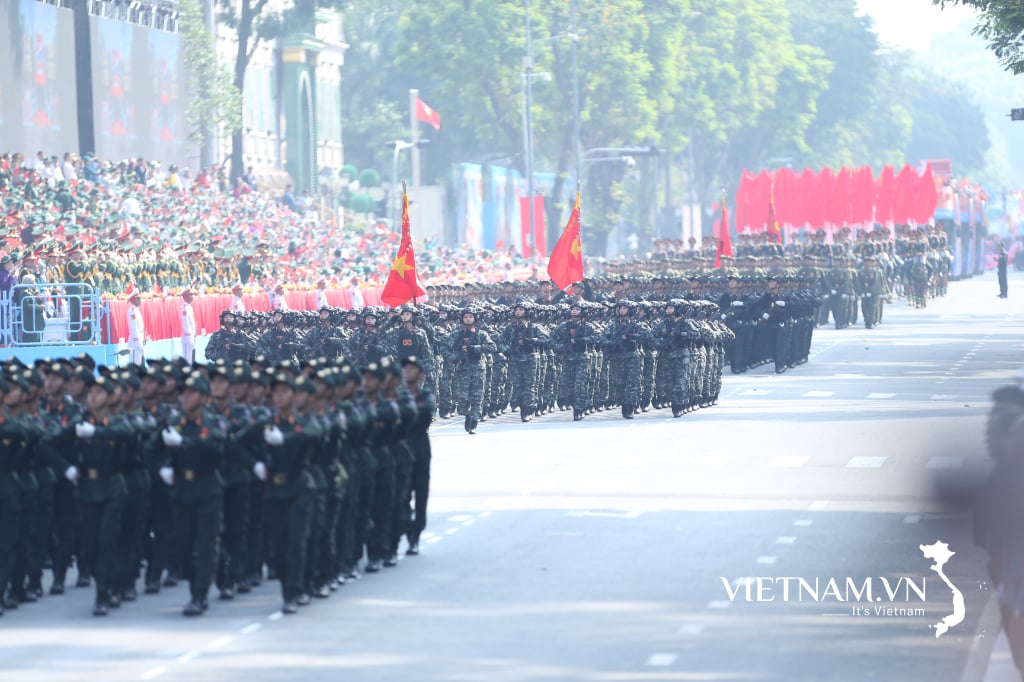

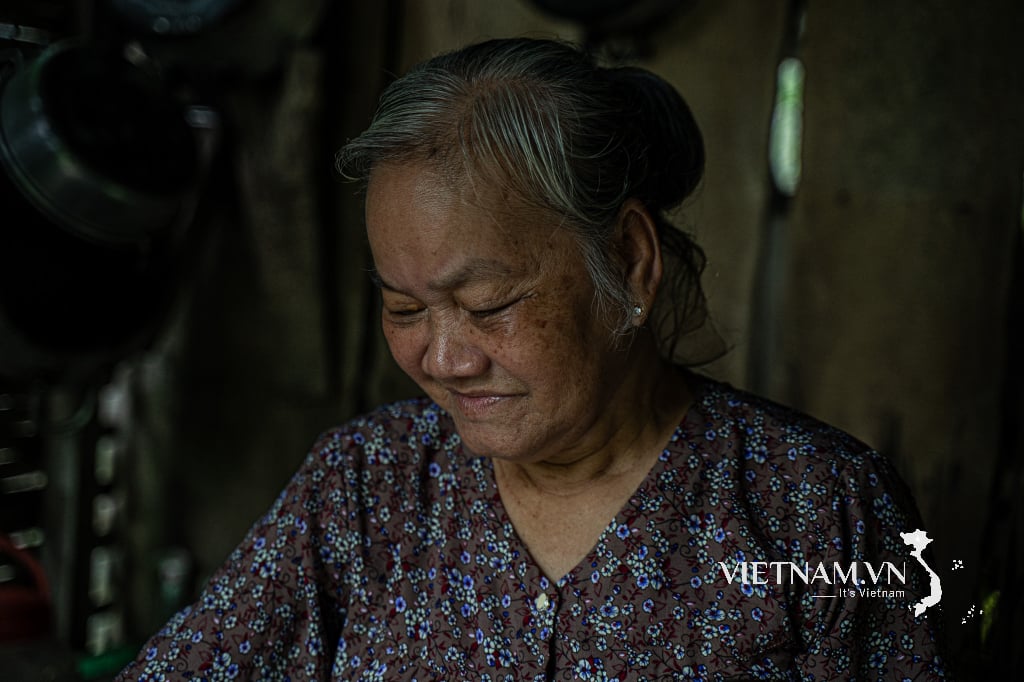
Comment (0)